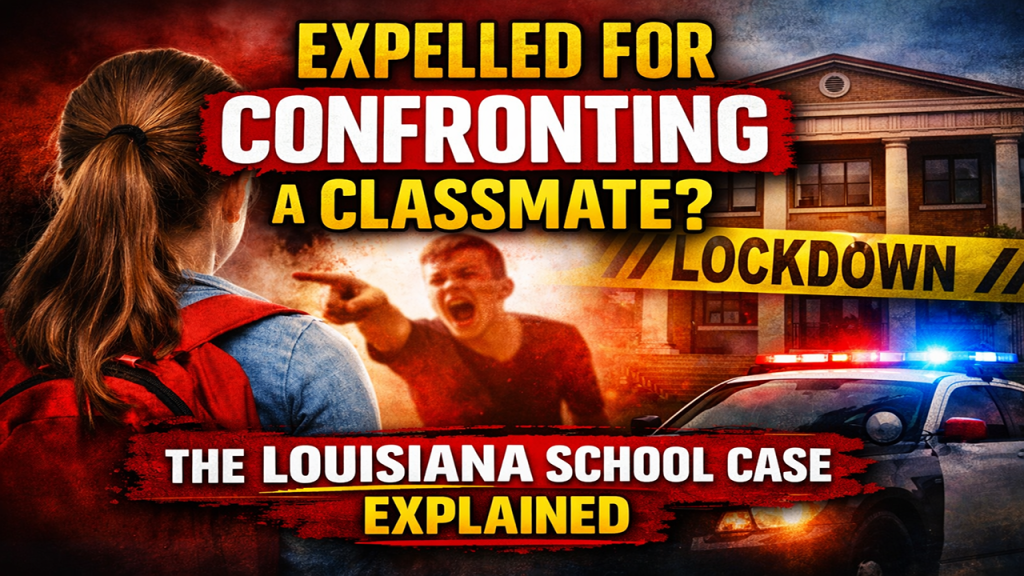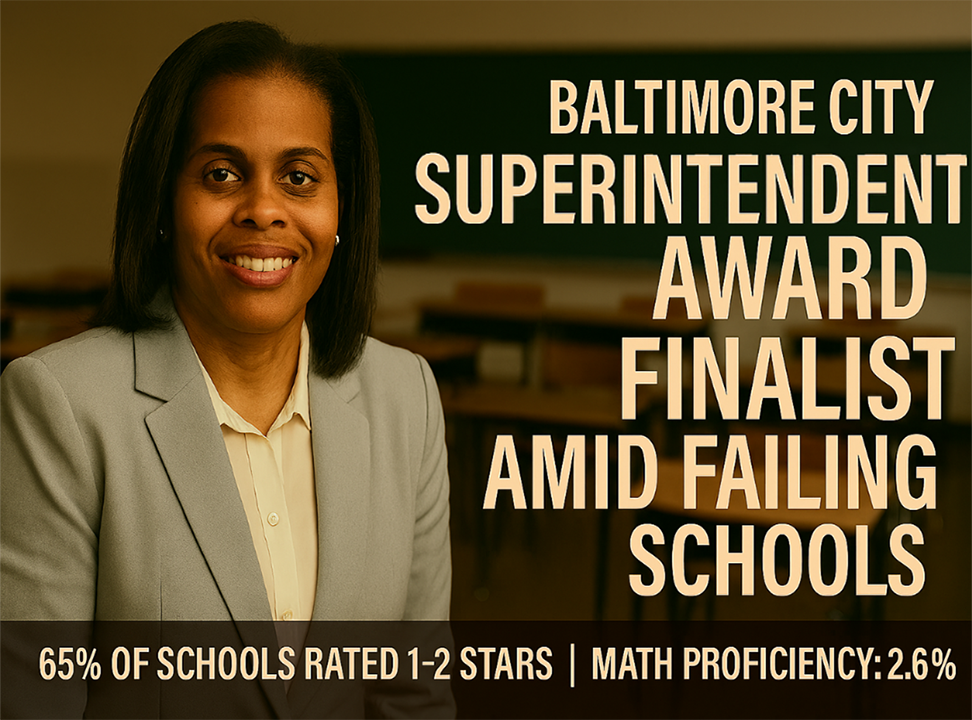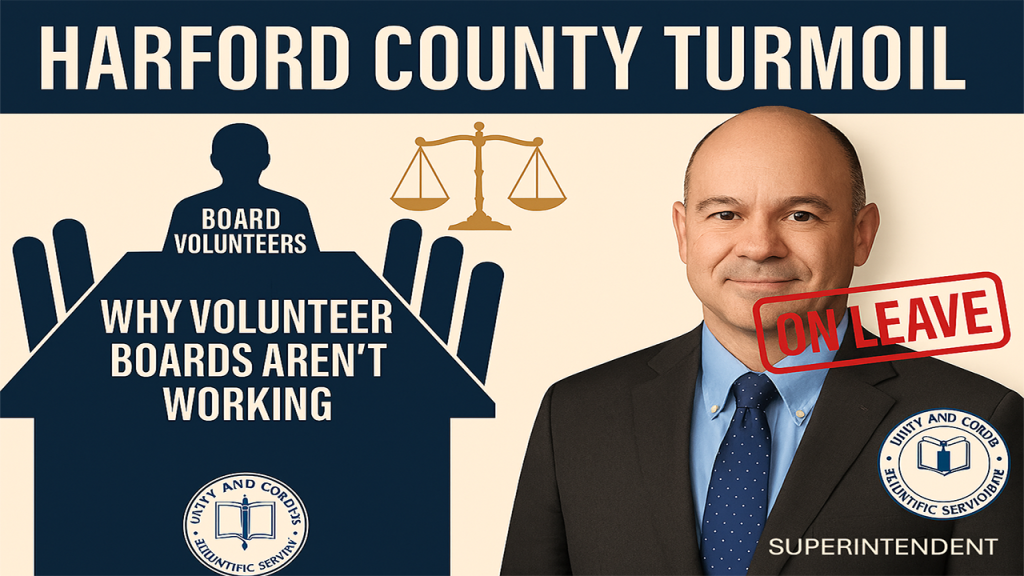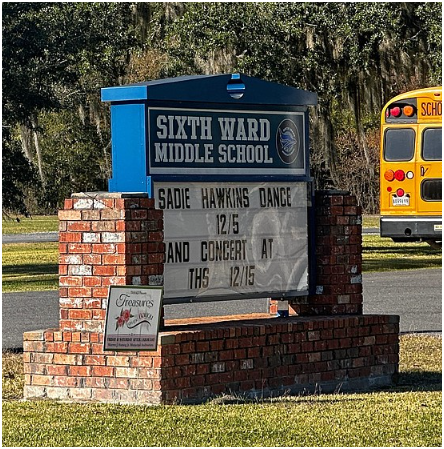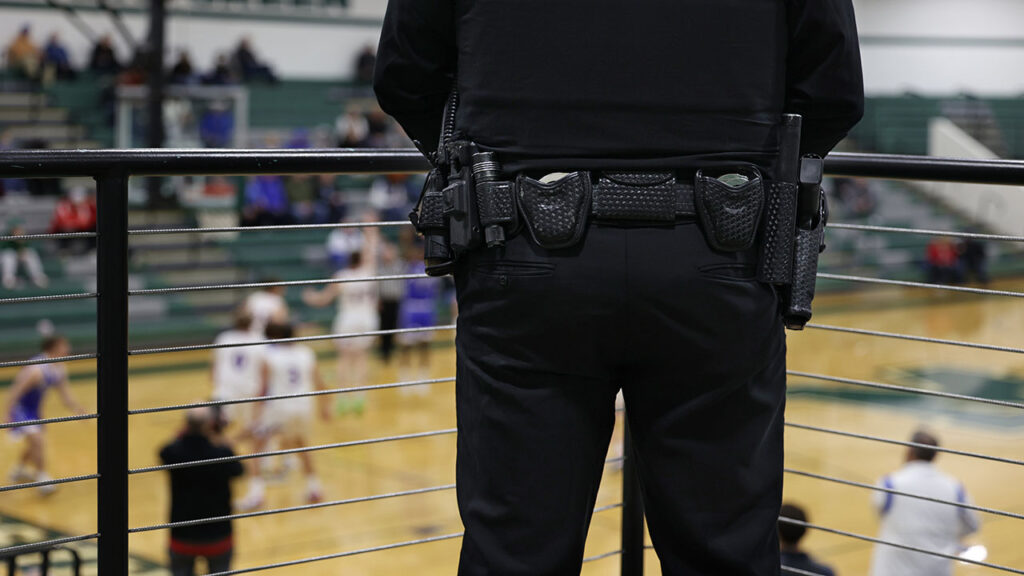

Implementing MOUs for School and Law Enforcement Partnerships: Roles and Responsibilities, Student Data Access, and Questioning of Students
Effective partnerships between schools and law enforcement are crucial for fostering safe and supportive educational environments. Memoranda of Understanding (MOUs) between schools and law enforcement agencies outline the operational procedures and implementation strategies necessary for maintaining these partnerships. Three areas that frequently cause disagreements are the delineation of roles and responsibilities, protocols for student data access, and procedures for questioning students. This article discusses these key elements and provides broad recommendations for successful implementation.
For a partnership between schools and law enforcement to thrive, it is essential that each party clearly understands and adheres to their designated roles. SROs are responsible for law enforcement duties, while school administrators handle student discipline and the code of conduct. Confusion and conflicts can arise when these roles are not respected. Schools that fail to adhere to these defined roles risk placing SROs in no-win situations, leading to unnecessary negative interactions between students and law enforcement and, at times, unwarranted arrests. This not only undermines the trust between students and the authorities but also can have long-term detrimental effects on the students’ perception of law enforcement and their educational experience.
Each partner should learn how to respectfully decline involvement in the other’s roles. When schools attempt to delegate disciplinary actions that should be managed by administrators to SROs, they blur the lines between law enforcement and school discipline. This can lead to over-policing of minor infractions, criminalizing behavior that should be addressed within the educational framework. Similarly, when administrators overstep into areas that require law enforcement intervention, they may inadvertently compromise the integrity of investigations or fail to handle situations with the necessary legal authority.
Establishing a culture of mutual respect and clear communication is vital. Regular meetings and reviews of the MOU can help both parties stay aligned with their roles. Addressing deviations from these roles promptly can prevent tension and potential legal violations, ensuring that both SROs and administrators can effectively perform their duties without overstepping their boundaries. This proactive approach fosters a collaborative environment where both entities can support each other in creating a safe and conducive learning atmosphere.
SROs should focus on ensuring safety, serving as a liaison between the school and law enforcement, and providing law-related education to students and staff. Their presence in schools should be to prevent and respond to criminal activity, not to enforce school discipline. Administrators, on the other hand, should enforce the school’s code of conduct, address behavioral issues, and ensure a supportive learning environment. By clearly delineating these responsibilities, schools can avoid unnecessary legal entanglements and ensure that students are treated fairly and appropriately based on the nature of their actions.
Student data access is another area that can cause disagreements. The Family Educational Rights and Privacy Act (FERPA) governs the disclosure of student information, allowing schools to share “directory information” and other data with SROs under specific circumstances, such as health and safety emergencies or when required by a court order. However, schools should not notify parents when sharing student information with law enforcement in cases of alleged child abuse, neglect, or when dictated by a judicial order.
It is important for schools to have clear policies and procedures regarding student data access to ensure compliance with FERPA. All staff should be trained on these regulations and understand the conditions under which student data can be shared with law enforcement. Establishing a secure and confidential system for handling and accessing student records is crucial to protect student privacy while complying with legal requirements. Regular training sessions and updates to these policies can help prevent misunderstandings and ensure that all parties are aware of their responsibilities and limitations.
Questioning students is a sensitive issue that requires careful adherence to legal and procedural guidelines. SROs must conduct student questioning in accordance with applicable laws, with a school official present to ensure transparency and protection of student rights. Questioning on school premises should be limited to specific situations, such as crimes committed on the premises, urgent law enforcement investigations, or cases of suspected child abuse or neglect. But all such questioning must comply with applicable laws and school policies
Schools should have a standardized protocol for questioning students, ensuring that school officials are always present. This protocol should be regularly reviewed and updated to reflect any changes in legal requirements. Training for both SROs and school staff on their respective roles during these investigations is essential to protect the rights of students and ensure that questioning is conducted fairly and lawfully. By maintaining clear and consistent procedures, schools can avoid unnecessary legal issues and ensure that students’ rights are upheld.
The success of a school-law enforcement partnership hinges on understanding and respecting the roles and responsibilities outlined in the MOU, particularly in the areas of roles and responsibilities, student data access, and questioning of students. Adhering to these guidelines, fostering regular communication, and maintaining mutual respect are key to a successful partnership. By implementing best practices and regularly reviewing and updating the MOU, both schools and law enforcement can work together effectively to create a safe and supportive environment for students.
Dig Deeper With Our Longreads
Newsletter Sign up to get our best longform features, investigations, and thought-provoking essays, in your inbox every Sunday.
The MEN was founded by John Huber in the fall of 2020. It was founded to provide a platform for expert opinion and commentary on current issues that directly or indirectly affect education. All opinions are valued and accepted providing they are expressed in a professional manner. The Maryland Education Network consists of Blogs, Videos, and other interaction among the K-12 community.





